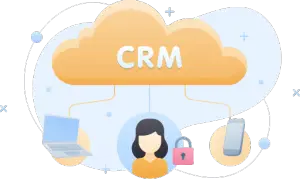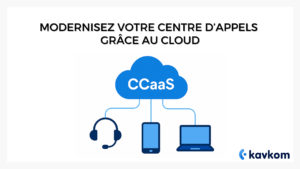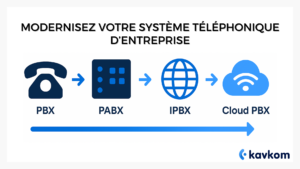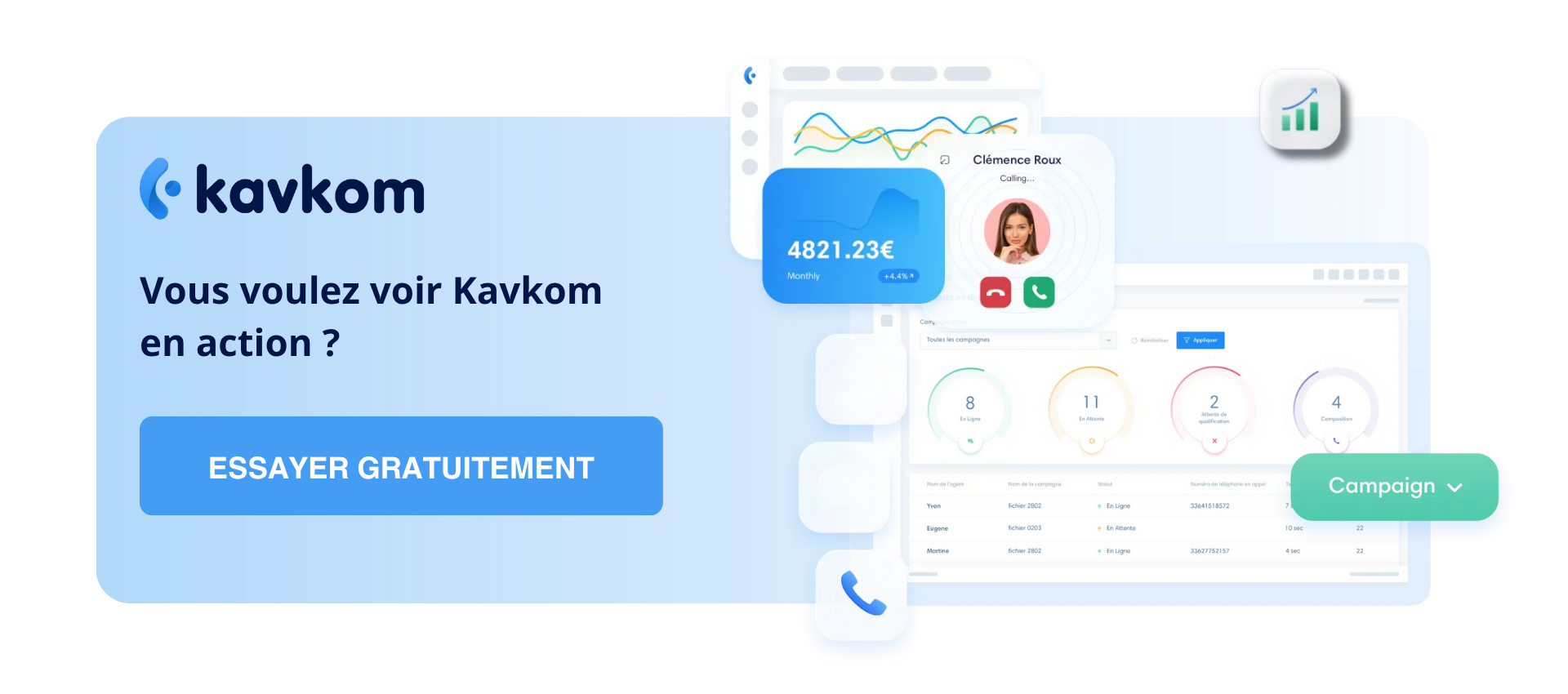When they decide to resort to the use of software packages or telephone call management software, companies are faced with the difficulty of choosing the best option. Centrex PBX suppliers generally offer two types of solution: cloud or on-premise. If the operation of the first is materialized by the delocalized and dematerialized nature of the service, the second imposes the hard installation of the appropriate device. However, in addition to the advantages and constraints of each of these two options, there is a third way, known as hybrid CRM. Why choose a hybrid CRM, and what are the advantages of integrating it into your business?
What is a Hybrid CRM?
This is a call management solution that requires both the physical installation of an infrastructure on company premises, then hosting with an operator. In other words, it is a mixed option whose operation requires an internalized side and another externalized which represents the extension of the first. Obviously, the proper functioning of the device is subject to the coordinated transmission of information between the two systems.
Today, standard IPBX installation models, as well as PABX systems, fit this description of hybrid CRM. However, it should be noted that the concept also has other variations.
Indeed, with the constant digital revolution, we’re tending much more towards a presentation of hybrid as a system of communicating vessels between cloud solutions, all at the service of the same company’s CRM. In other words, it’s a relay mechanism between clouds, a fully outsourced solution that doesn’t require you to install any equipment on your premises, like centerx installations or IP telephony systems.
Another category of hybrid CRM based on “cloud to cloud” could be devices that link a “public cloud” (a server shared by members of the company) and a “private cloud” (a server shared by other users). In this context, the company allows other players or users access to certain data, for needs in line with its objectives.
The benefits of a hybrid CRM
There are many advantages associated with the use of a hybrid CRM. Let’s discover them together.
Mobility
One of the greatest advantages of a hybrid cloud-to-cloud CRM is the mobility it offers its users. In fact, the possibility of data portability guarantees permanent interconnection between a user on the move and another present on the company’s site, by means of servers that centralize information and therefore act as gateways.
Within the company, this synchronization optimizes interactions both functionally and managerially. It further facilitates and explains the recognized flexibility of this option.
Flexibility
A hybrid CRM has characteristics of flexibility inherent in its operation. This is already explained by the fact that the operation of a hybrid device requires the involvement of a dematerialized server, without forgetting the use of an Internet connection.
The flexible nature is also appreciated through the possibilities of updating or updating remotely.
In other words, adopting a hybrid CRM gives the possibility of adapting it and readjusting it to the evolutions imposed by the needs of the company. Such a possibility is less obvious when the supports are limited to hard infrastructure which is more difficult to evolve and less permeable to change.
Data security
The mixed nature of Customer Relationship Management guarantees a double level of security for your data. Whether it comes in the form of infrastructures installed with an outsourced extension or in the form of gateways between two types of clouds, the device offers a priori more security, both from the point of view of storage and data transmission. .
However, the aspect relating to data security also depends on the operator chosen and the guarantees that the latter offers in this area.
To sum up, we can conclude that the hybrid CRM option offers several advantages. It sometimes constitutes a solution materializing the need of the company to evolve towards digital solutions or more simply a model in accordance with its objectives.





